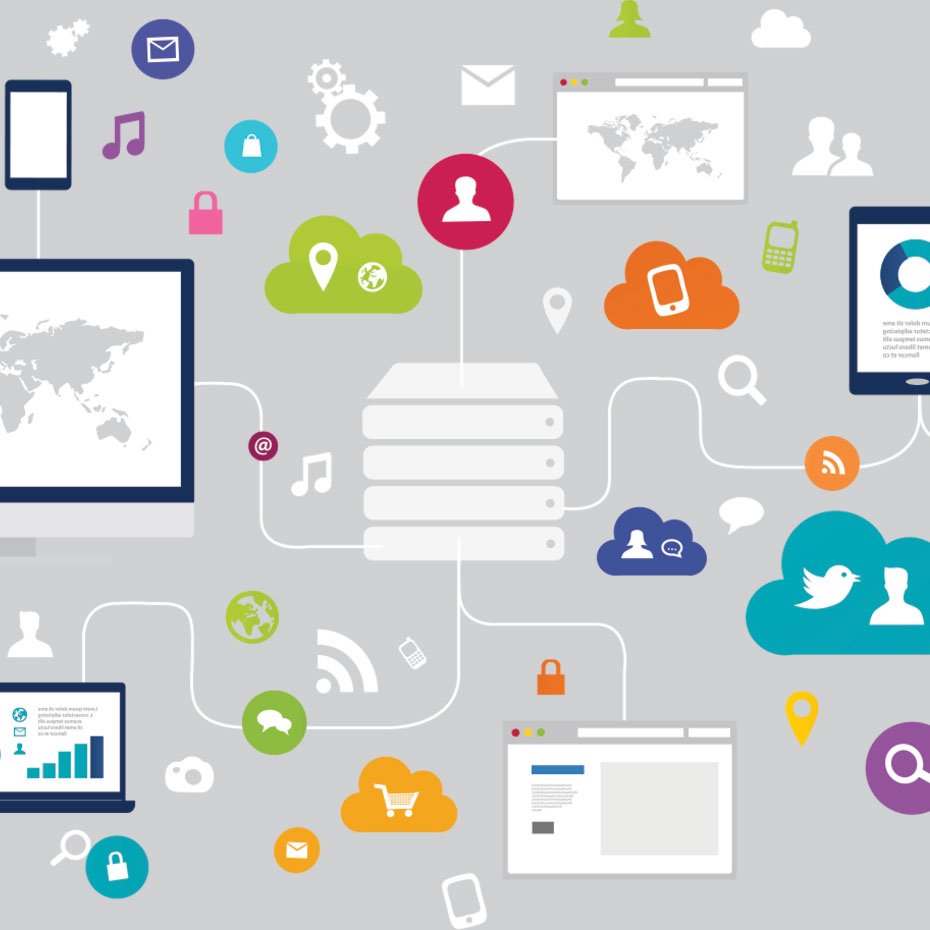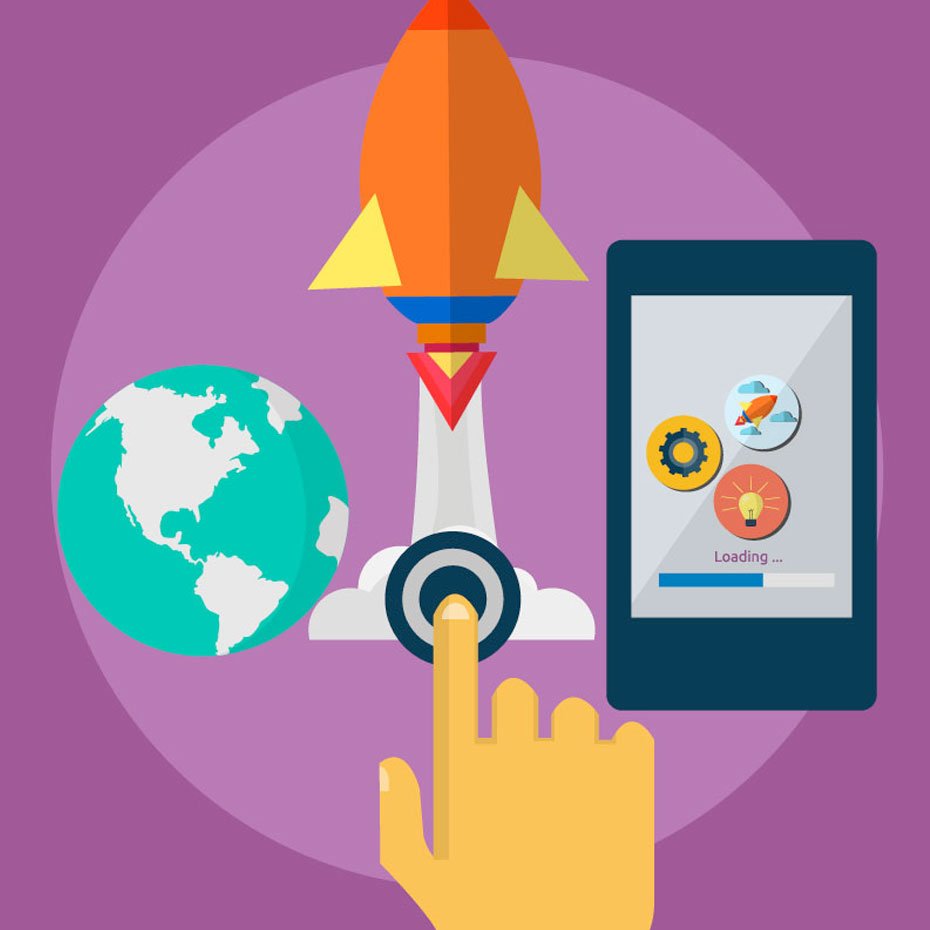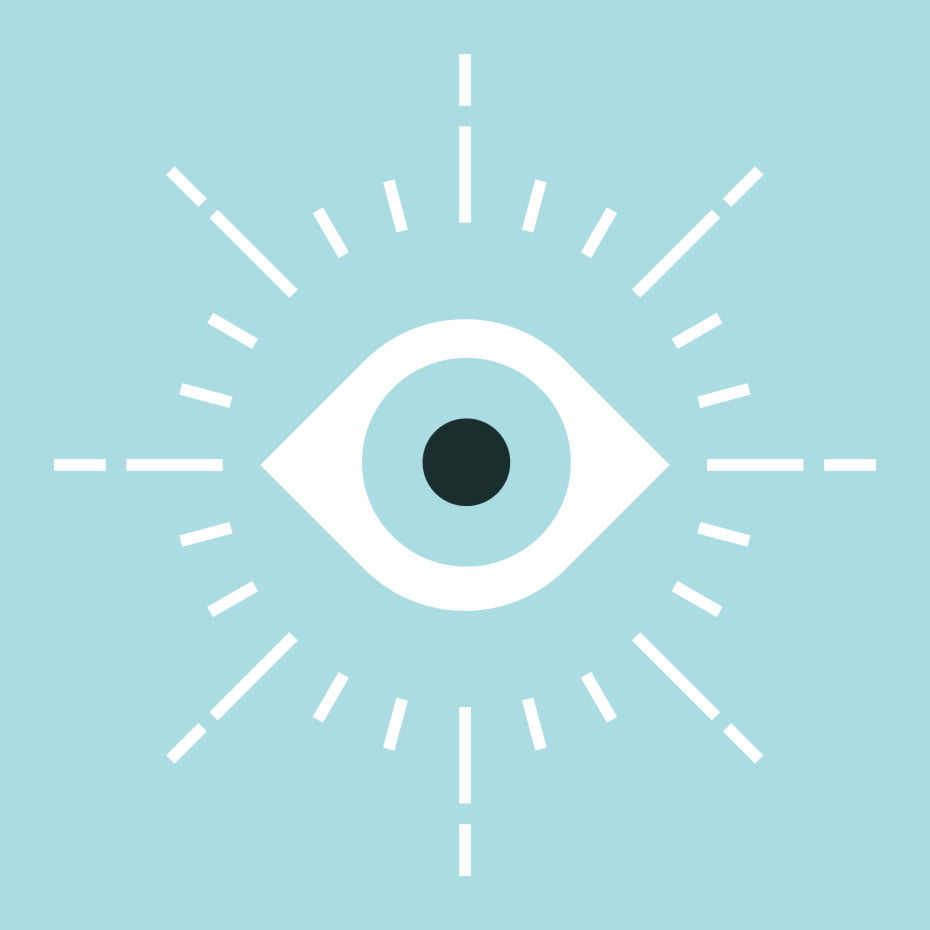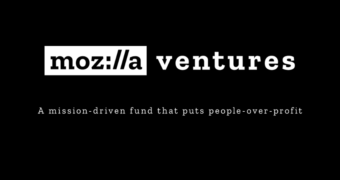Recently, I came across a post in one of my Facebook groups. This group is…
Does the digital world need libraries?
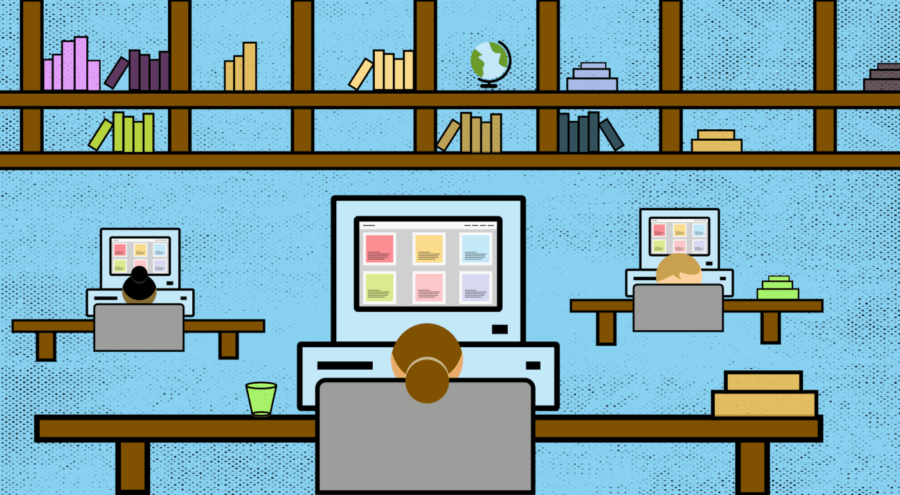
The library I grew up in was at the corner of Neilson and Sewells, on the far east side of Toronto. A stocky brick building flanked by two churches, it was dim inside and smelled of well-loved paperbacks and coffee in Dixie cups. One corner was home to a cluster of off-white computers with fat screens and hippo-teeth keys. There, my friends and I spent hours clunking through typing drills and trying to survive on the Oregon Trail.
But over the last decade — as more homes plugged into high-speed internet, cellphones burrowed into our pockets, and people declared that “print is dead!” — I started to worry about the future of libraries, like the one where I spent so much of my childhood. So, I decided to see what I could find out about the role of libraries in our hyper-connected world.
What I discovered is that today, libraries remain firmly at the heart of communities around the globe. What’s more, they’re actively evolving into information hubs for the digital age. In the United States, 98% of libraries already offer free public wi-fi. Last year, 29% of all library-using Americans went to the library to use computers or connect to the internet. Those who take advantage of these services are more likely to be young, black, female, and lower income, and libraries are playing an important role in offering access and training to people who typically face more barriers to getting online. For example, Americans with less than a high school diploma are more likely than college graduates to say libraries help them protect their personal data from online theft (48% versus 18%).
These same trends are happening worldwide. Libraries on every continent are working to enhance their services to meet patron’s evolving needs, while also helping to overcome connectivity challenges that can worsen social exclusion and inequity. “There are 230,000 public libraries in the world,” said Donna Scheeder, President of the International Federation of Library Associations, in a 2015 interview, “and these are the places where people can go when they don’t have access to technology.”
This is critical, because fast, reliable, affordable internet remains out of reach for many people around the world. In this week’s episode of Mozilla’s podcast, IRL: Online Life Is Real Life, host Veronica Belmont talks to a wide range of people — from a mom in Fairfax, Minnesota, to a Syrian refugee living in the Netherlands — about their struggles to connect to the kind of internet they need, and what they’re doing about it.
But even as prices drop, infrastructure improves, and speeds increase, there will always be groups who are excluded by the market or who remain unable to afford adequate access.
I live in Canada, which is generally thought to be a pretty connected place. That’s true in my hometown of Toronto, where I can pay Teksavvy $52 a month for a 50Mbps broadband connection and unlimited data. But if I moved north to Whitehorse, I’d be paying $110 a month for the same speed, with a 200GB cap. The only way to bring the cost down would be to slow my connection: the cheapest plan on offer is $42 a month for 5Mbps and a 20GB cap.
Internet is expensive partly because building infrastructure to connect remote regions is challenging and costly, and partly because there are a only a few service providers available. But the bottom line is, if I lived in Whitehorse and wanted to get online at home, I’d have little choice but to pay more for less. If I could afford to. This is why the access provided in libraries, and other public spaces, is so important.
What’s more, getting online is only half the battle. You know this if you’ve ever gotten spam email, forgotten a password, or wondered if a story you saw on Facebook is true. It takes a lot more than just a connection to be able to use the internet effectively and safely. And we’re increasingly looking to libraries to help us learn these skills: 80% of Americans say that public libraries should offer programs to teach people digital skills, and close to 90% of public libraries in the US already offer basic digital literacy training.
But with the pace of change being what it is, librarians and staff need to be continuously updating their own skills. They need to ensure that their own digital know-how is sharp enough for them to meet the growing demands of library patrons. And these demands vary widely, ranging from asks for training on digital content management and data privacy, to requests for help taking Massive Open Online Courses.
Mozilla is currently working with librarians and staff at eight libraries across the Unites States — in Colorado, Ohio, New York, Oregon, Rhode Island, and Washington — to help them build the digital skills their communities are demanding. “Public libraries are the one place any community member can walk into and learn how to apply for jobs or search for education opportunities, for free,” said An-Me Chung, who leads Mozilla’s Web Literacy Skills for Library Staff project, “In a world where technology is becoming ubiquitous, library staff need to be prepared to help patrons learn how to use the open internet to access personal, civic, and economic opportunities online.”
We need libraries and librarians as much, if not more, than we did when I was growing up. It’s impressive how quickly they’ve adapted to the connected world we now live in, but libraries still need our support to ensure they can continue to provide vital services to our communities.
Americans, this is a particularly important moment for you: the proposed US 2018 federal budget calls for the elimination of the Institute of Museum and Library Services, which directly impacts public library funding. Your library needs your support now, and here are some suggestions about what you can do.
Wherever in the world you are, I know your local library could use some love. I have a couple books waiting for me on the hold shelf, so I’ll be back in the familiar stacks before long. Whether you were at the library last week, or you haven’t visited in years, here are three things you can do to show that libraries are still important to you in the digital world:
- Check out a book. Just using your local library’s services is an impactful way to demonstrate that it’s an important part of your community. Not only do you get to enjoy a good book, but data on how often materials are checked out or many people visit a library is also used to inform government budgeting decisions.
- Support your local library association. Library associations like the American Library Association, Canadian Library Association, and the UK’s Chartered Institute of Library and Information Professionals support libraries and librarians by setting strategy, providing resources, and leading advocacy efforts.
- Volunteer your time. Most libraries have volunteer programs with diverse ways to help out, like stacking books, offering computer tutoring, or hosting fundraisers. Speak with your local librarian to find out how to get involved.
Original article written by Sam Burton >

